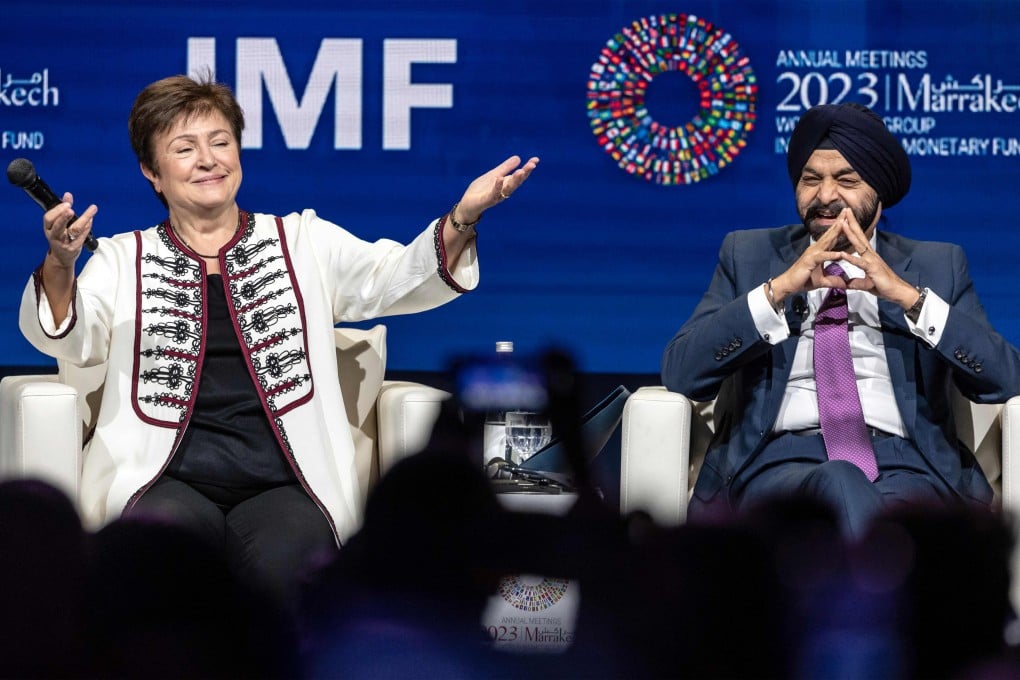Advertisement
The View | Why the IMF must give China and other emerging economies a greater say
- The US, Europe and Japan will not gladly sacrifice their IMF quotas to give China and others more voting rights
- But a failure to reform the organisation will worsen rifts and weaken its ability to deal with looming global crises
Reading Time:4 minutes
Why you can trust SCMP
3

The International Monetary Fund (IMF) will soon be debating the question of who among its 190 members gets to have how much influence. The outcome will help decide whether Western divisions with China heal or widen.
The discussion gets under way at the spring meetings of the IMF and World Bank from mid-April. It crystallises the paradox that the world needs global cooperation more than ever, yet global institutions seem more polarised than ever too.
It is not just threats of a climate crisis, or food, health and other issues that demand worldwide cooperation. A possible new global financial crisis would require a fully united IMF to cope with its devastating fallout.
Advertisement
Senior IMF officials warned in a recent blog post that “higher interest rates, higher levels of sovereign debt, and a higher share of that debt on the banking sector’s balance sheet make the financial sector vulnerable” to crises.
Negotiations over IMF “quotas” – which determine member contributions to the fund and are a key determinant of voting rights – have often been contentious in the more recent decades of its 80-year history, and the latest one could accelerate and magnify the fragmentation of the global economic order.
Advertisement
Debate will focus on anomalies whereby China punches below its economic weight in terms of its IMF quota. Yet raising China’s quota could end the veto power of the United States and reduce the influence of Europe, Japan and others. The IMF requires a vote of at least 85 per cent on any important issue and the US holds a voting power of 16.5 per cent.
Advertisement
Select Voice
Choose your listening speed
Get through articles 2x faster
1.25x
250 WPM
Slow
Average
Fast
1.25x
